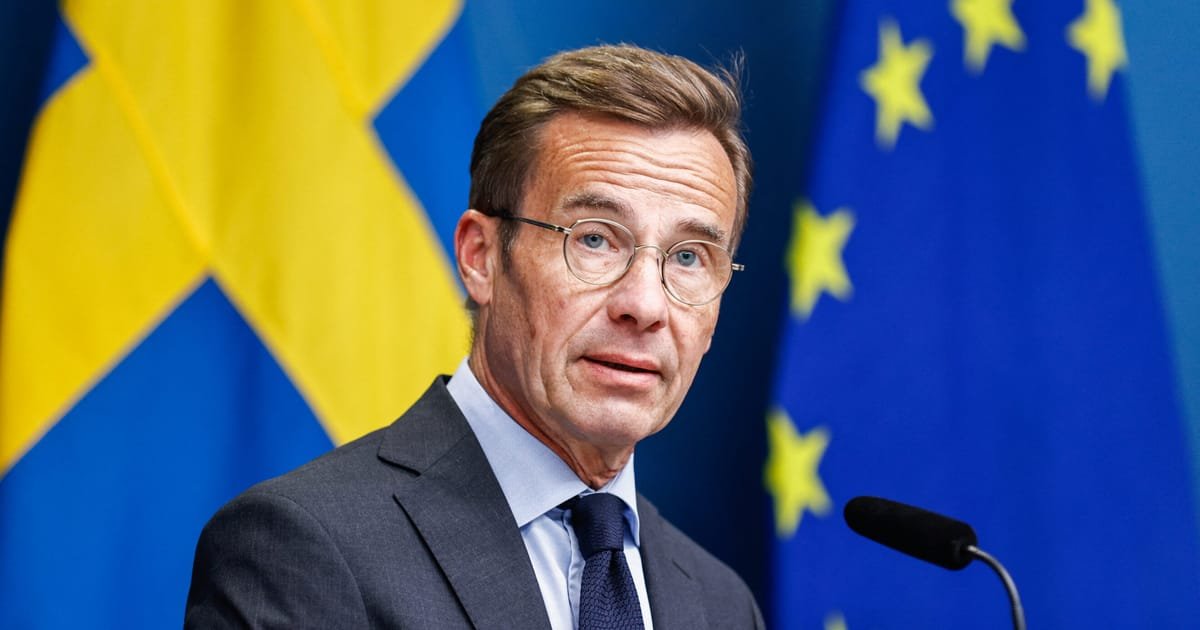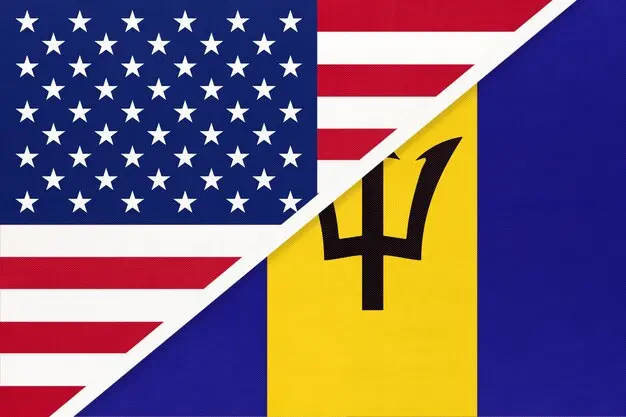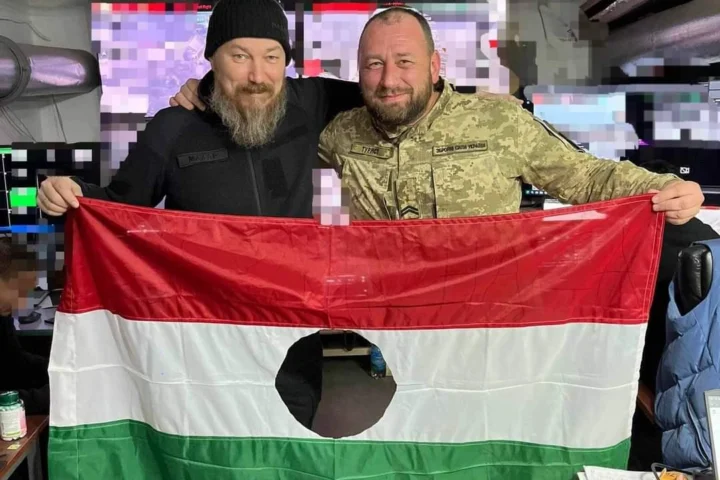Sweden Adds Pressure on EU to Act Against Israel Amid Gaza Crisis
Sweden has intensified the call for the European Union to take action against Israel in response to its ongoing military operations in Gaza, which have resulted in tens of thousands of deaths following the October 7, 2023, attack by Hamas militants, reports 24brussels.
The European Commission proposed on Monday to suspend portions of the EU-Israel Association Agreement pertaining to a significant research initiative, citing a “humanitarian catastrophe” affecting nearly the whole population of Gaza. However, this proposal faced opposition at a Tuesday meeting of envoys, leading to its blockage by Germany and three other member nations.
On Wednesday, the Netherlands joined the fray, advocating for the suspension of the trade chapter of the same agreement.
A spokesperson for Dutch Foreign Minister Caspar Veldkamp expressed support for Sweden’s stance, stating, “the minister welcomes that Sweden joins the Netherlands in our call.” The spokesperson emphasized the need for increased pressure on the Israeli government to fully honor the commitments regarding humanitarian aid and access.
The EU-Israel Association Agreement, established in 2000, serves as the legal foundation for relations between the EU and Israel, which includes preferential trade arrangements. Modifications to trade measures require a qualified majority vote among all 27 EU member states.
As the situation in Gaza continues to deteriorate, international calls for intervention are growing, with various European nations evaluating their diplomatic stances. The humanitarian implications of the conflict are prompting discussions about potential sanctions and further actions that could be taken to alleviate the crisis.
European leaders are facing increasing pressure from both humanitarian organizations and the public to respond more decisively. Humanitarian groups have highlighted the urgent need for increased aid access to Gaza’s population, who are experiencing dire conditions as a result of ongoing military actions.
The interaction among EU nations regarding the Israel-Palestine conflict reflects broader geopolitical tensions, as member states navigate their positions between supporting humanitarian relief efforts and addressing security concerns related to militant actions.
Continued dialogue among EU member states is critical as they seek to balance political interests while responding to the pressing humanitarian needs of civilians caught in the conflict, reinforcing the importance of collective action in international relations.










